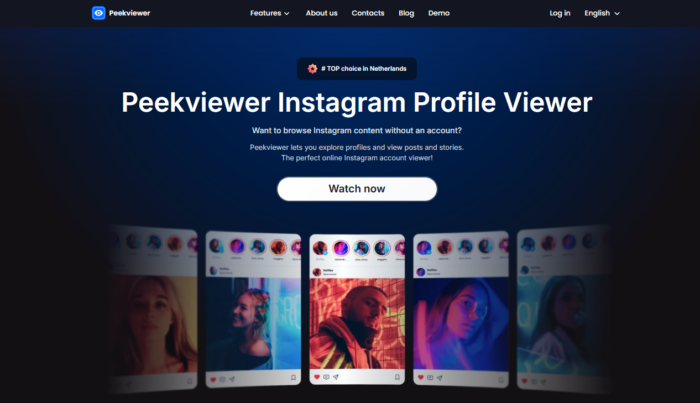Gold, Silver, and Bronze

Winning a medal at the Olympics is a big deal for athletes all around the world. Obviously a gold medal is better but silver and bronze are pretty awesome too.
In startup land, it works out pretty similarly. In each and every big “winner takes most” market there is one big winner (the gold medal winner) and a few other big companies (silver and bronze) and then not much more.
If you look at web search, Google won the gold medal and has a $550bn market cap to show for it.
In social, Facebook won the gold medal and has a $360bn market cap to show for it.
In ridesharing, Uber won the gold medal and has a purportedly $60bn market cap to show for it.
You can do well with silver and bronze. Twitter is worth $13bn. Lyft is supposedly worth $5.5bn. But coming in second or third in a big market is generally an order of magnitude (or two) less valuable in the long run.
And you had better get on the stand and get a medal if you are working in a big “winner take most” market because fourth or fifth or sixth is rarely worth much, if anything.
These are high stakes markets where winning is everything and losing is nothing. And things play out pretty quickly. Within five years, we generally know who won, who placed, who showed, and who whiffed.
It is possible that with the emergence of decentralized networks these dynamics will change and we will be on to a very different market dynamic. But for now this is how it goes. Go big or go home.










